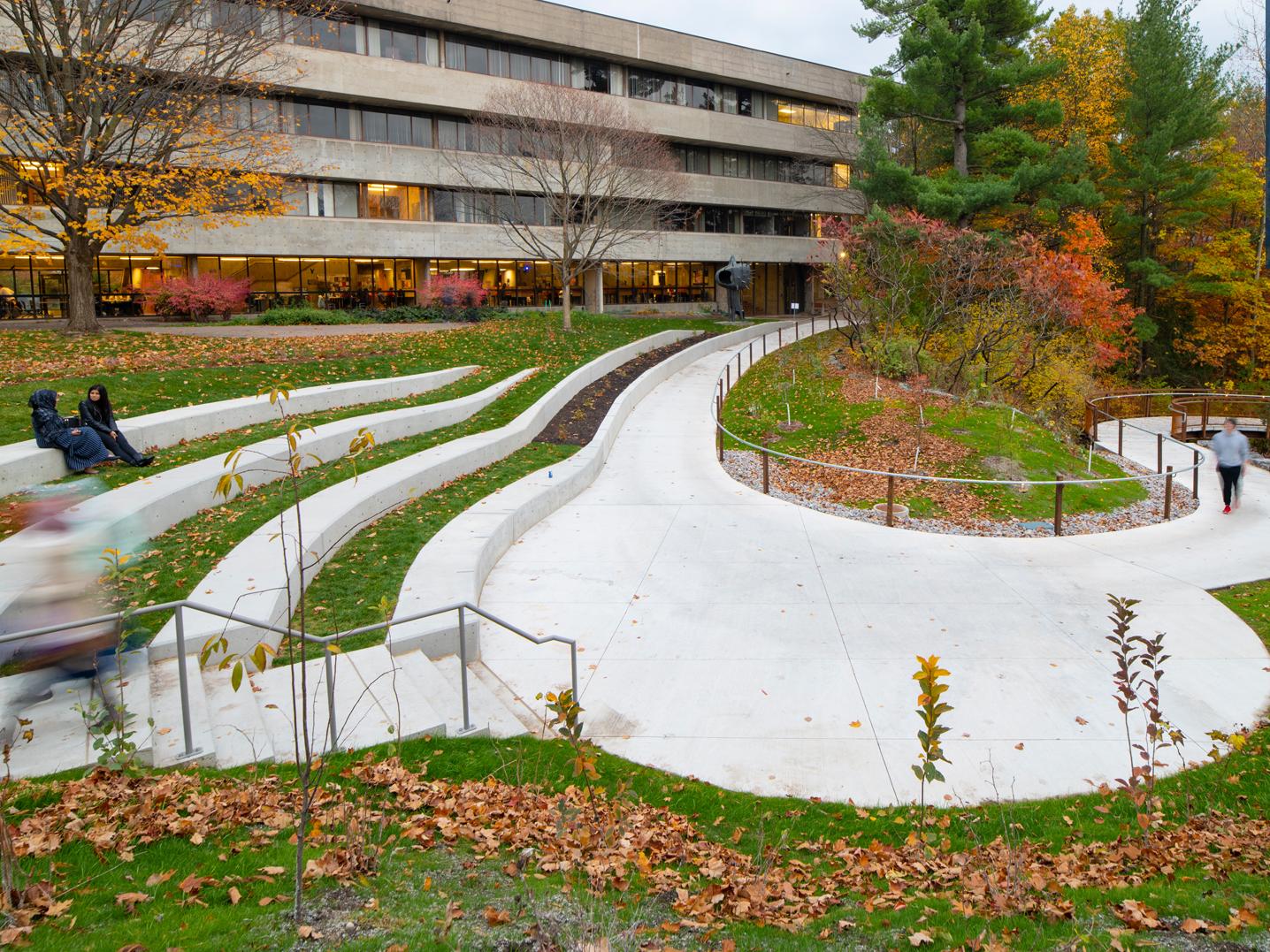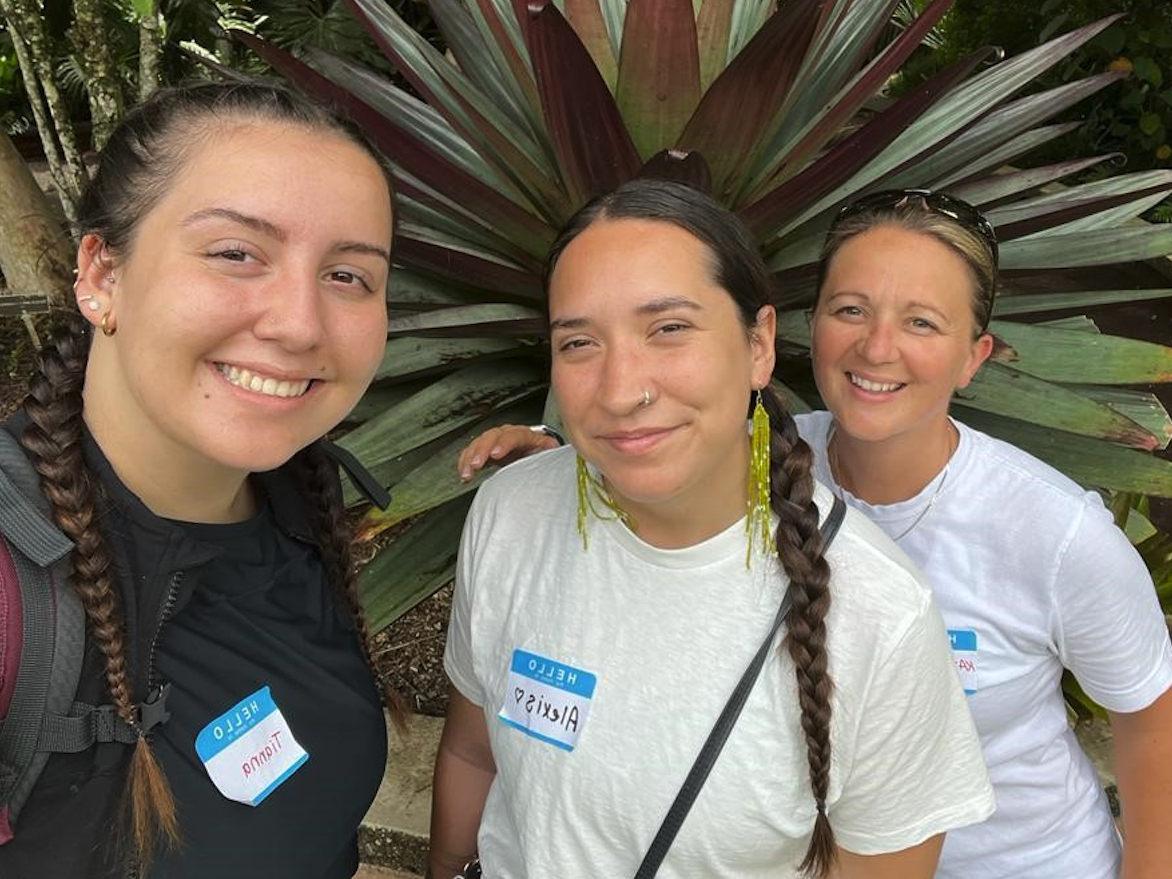Teaching Enhancement Grants (TEG)
Q. Who are eligible to apply for a Teaching Enhancement Grant?
A. UTFA faculty with continuing stream appointments, or term appointments of at least three years.
Q. What are eligible expenses?
A. Eligible expenses should follow University guidelines. Furthermore, we encourage faculty to review the detailed TEG budget guidelines and FAQ.
Q. How many Teaching Enhancement Grants can I apply for in a given semester?
A. There are no formal restrictions on how many teaching grants one may apply for; however, we do encourage faculty to think carefully about their ability to complete multiple projects if funds are awarded.
Q. Does my proposal have to be linked to a course at UTSC?
A. Yes. The proposal should explicitly state how the project will directly impact students through a course, or a series of courses, at either the undergraduate or graduate level. Although there may be outcomes that extend beyond a given course, the Teaching Enhancement Grants are generally aimed at supporting course-level innovations.
Additional questions about Teaching Enhancement Grants (TEG) can be directed to davidyt.chan@utoronto.ca.
Experiential Learning Fund (ELF)
Q. How many times is my project eligible to be funded through ELF?
A. Applicants can apply to ELF up to three times for the same project, after which time it will no longer be eligible for seed funding. Working with your department Chair and keeping them appraised of project development is recommended in planning toward long-term project sustainability.
Q. I have a project in mind but do not currently have connections to a community partner who? How can I go about finding a partner?
A. At the cornerstone of our continued success as a campus community is UTSC’s commitment to create & sustain ethically responsive, values-based relationships that aim to co-create alongside community partners. Team X works closely with the Community Partnerships and Engagement to support all aspects of partnership development (including but not limited to connections to community partners such as hospitals, school boards, community organizations and support with MOU’s). Please contact experiential.utsc@utoronto.ca and a member of the team will connect with you.
Q. Where can I get help completing the ELF application form?
A. If you are planning to submit a proposal for an open call, please contact experiential.utsc@utoronto.ca and a member of Team Xperience will schedule a conversation to support your application. You can also connect with Team Xperience.
Q. I am unsure how to budget or plan for compensation for community partners (e.g., honorariums for community members) or staffing (e.g., teaching assistants)? What should I do?
A. Each partnership requires careful consideration of time, resources, insights, and energy to ensure a mutually beneficial relationship such as equitable compensation. Please contact experiential.utsc@utoronto.ca and a member of the team will connect with you.
Additional questions about the Experiential Learning Fund and eligible projects or initiatives can be directed to experiential.utsc@utoronto.ca.
Pedagogies of Inclusive Excellence (PIE) Fund
Q. What is the difference between the funds provided to departments and the application-based PIE fund?
Funds provided to departments are designed to support unit-level work while minimizing the need for small-scale grant applications. The application-based PIE fund provides an opportunity to propose larger-scale projects that open up work across the campus and with the broader community, and engage in cross-disciplinary collaboration and mentorship.
Q. What expenses are eligible?
Eligible expenses should follow university guidelines. They may include compensation or honoraria for visitors and guest speakers, recognizing the value of knowledges contributed by community members; short-term staffing costs; hospitality and related logistical costs for events; support for student contributions (e.g., research or teaching assistantships, on-campus co-op or work study positions); and supplies and materials. PIE funding may not be used for continuing costs (e.g., full-time staff roles), matching funds for tri-agency research grants, or scholarships. Faculty who plan to work with community members are encouraged to review the compensation framework as a resource to plan proactively for culturally appropriate compensation and related supports.
Q. Can I partner with a community organization or are the collaborations limited to UTSC?
Yes, community partnerships are highly encouraged. PIE applicants who are new to community-engaged learning and/or who are proposing to work with Indigenous Elders or knowledge keepers are recommended to consult with the Department of Community Partnerships & Engagement (contact mina.singh@utoronto.ca) and Indigenous Initiatives (contact indigenousinitiatives.utsc@utoronto.ca) in the Equity, Diversity & Inclusion Office prior to engaging with community partners. Applicants are encouraged to review the University of Toronto Scarborough's Partnership & Engagement Framework. The Compensation Framework, FAQ, and Process Flowchart provide guidance when working with individuals and organizations bringing community-based knowledge into courses and related academic initiatives.
Note that PIE collaborations can also be across academic departments, with units that support teaching and learning, or a combination of the above.
Q. Why does the application place an emphasis on approach / methodology?
To carry out equity-based, anti-racist work effectively, it is essential to design a structure and approaches for each project that are reflective of its goals. Traditional academic frameworks rooted in Western and Eurocentric knowledge and approaches to data collection have also systemically silenced and excluded Black, Indigenous, and racialized perspectives, so a consideration of process is a necessary first step to each PIE application.
Applicants can refer to the Report of the Campus Curriculum Review Working Circle 2020-2022, which emphasizes the importance of process throughout, and discusses the Circle-Based Process and Guiding Principles for the report in particular.
Q. Can funds be carried forward to the next fiscal year?
A. No. However, PIE Circle 1 awards can be renewed for up to 3 years.
Additional questions about the Pedagogies of Inclusive Excellence Fund and eligible projects or initiatives can be directed to the Project & Administrative Coordinator, Undergraduate Initiatives & Awards, Roxanne Reid: pedagogies.inclusive.excellence.utsc@utoronto.ca.



